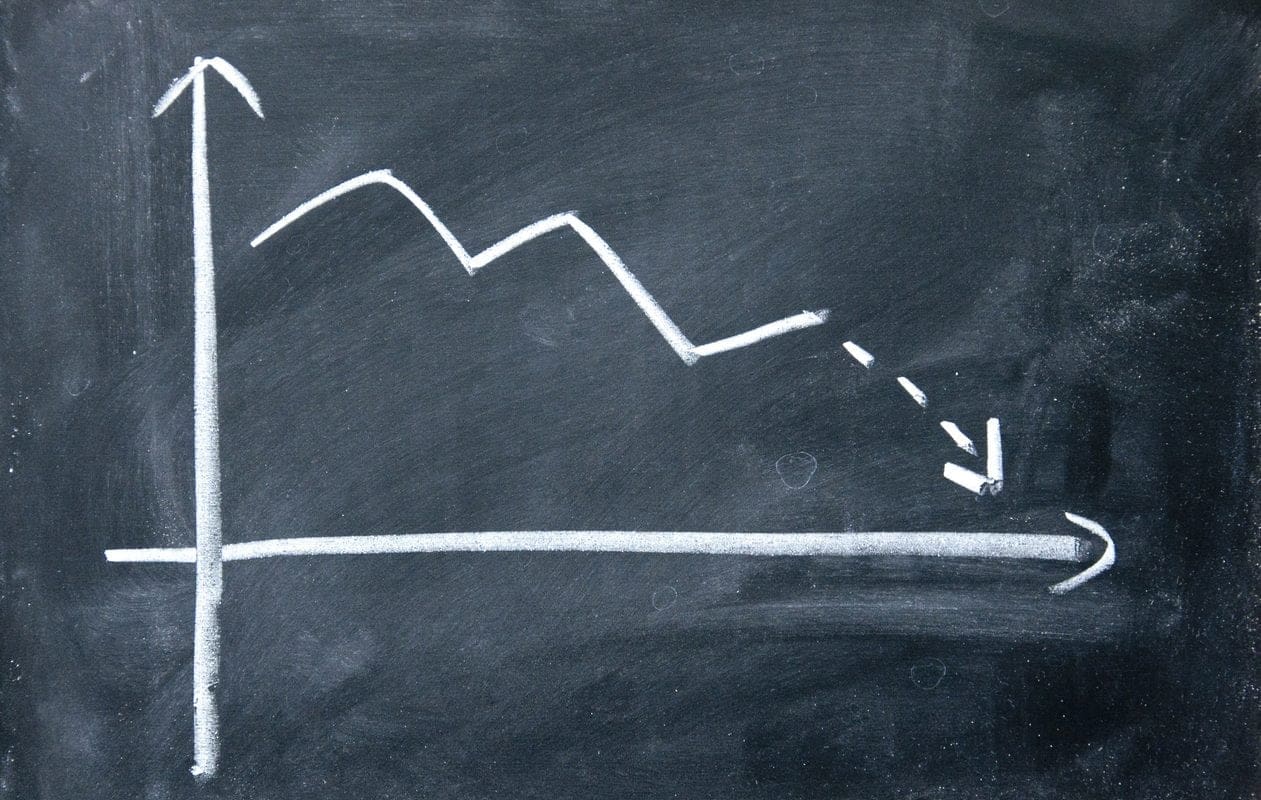
Why have my Google rankings dropped?
Algorithms and filter updates are released all the time. Many small updates go unnoticed, but others can be game changers. You’ll find a full list here. If you suffer a drop in Google rankings one reason could be you have got on the wrong side of Google. It may not be anything you have done, as such, because Google algorithms are in a state of constant change. However if Google has changed you may need to adjust your site accordingly. Of course, this isn’t the only reason why your Google rankings may drop, but it’s a good place to start.
With a drop in Google rankings, usually comes a drop in traffic. A key step is trying to pin down the day your rankings and traffic dropped. Once you have a date you can then compare that to the list of algorithm updates to see if the two tally in some way.
Here Google Analytics and Google Webmaster Tools can be your best friends. They’ll help you map out trends and pin down sudden drops in traffic.
Start by going to the Traffic section of Google Analytics to see if there are any fluctuations. If that fails to give you any clues, drill down to individual keywords. Start with those that were ranking the highest / bringing you most traffic before the drop. For less established sites or sites that don’t get much traffic go to Search Queries in Webmaster Tools. Here you’ll be looking for sudden drops in impressions.
Much has been written about the Panda and Penguin Updates. If you do find a correlation between a Google algorithm update and your rankings dropping you’re likely to have content or linking issues. Now, even big companies have fallen foul of these updates so it’s no disgrace. But as a small company you should have more control over your links and content.
Therefore with evidence that either a Panda or Penguin update is to blame you should be looking for either content or linking issues. A checklist might include:
- Thin or duplicate content
- Content that’s not copied but not original
- Poorly written content
- Poor spelling and grammar
- Low quality link sources
- Artificial anchor text
This list isn’t exhaustive. There are tools to speed up your analysis including CopyScape.
However if you can’t link your lower rankings to changes Google’s made, don’t panic. There is a danger you make random changes that actually make the situation worse. Rather it’s better to take 30 days to go over the checklist above by which time your rankings may have returned anyway.
Now, at some point, I believe nearly all sites will suffer a drop in Google rankings, if only because none of us has a crystal ball. The question then becomes how to best defend your-self against future Google changes? Protect your interests by diversifying sources of traffic. That means when Google sneezes your business is less likely to catch a cold.